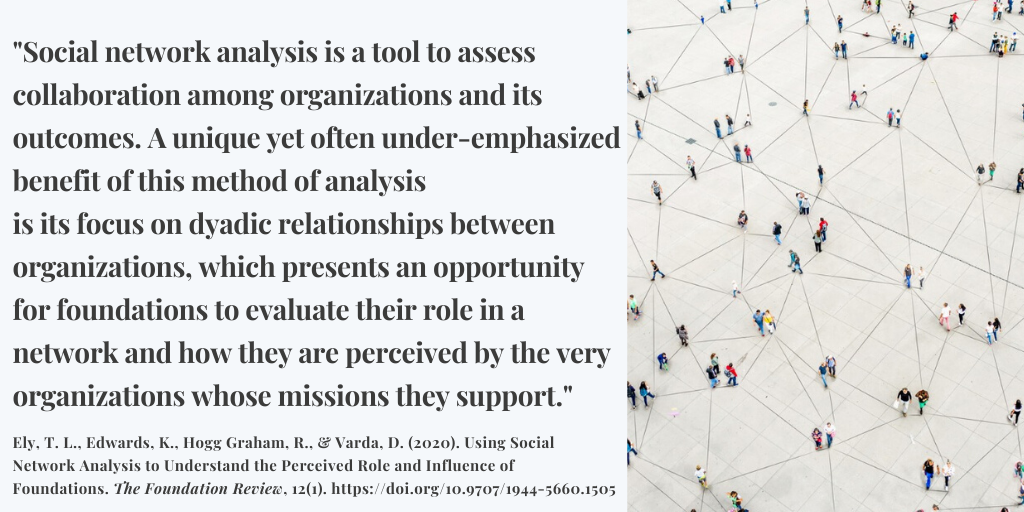Lacus, ultrices in ultrices tellus odio nunc urna. Massa aenean sed ipsum praesent enim. Porttitor iaculis augue pulvinar nam feugiat. Aliquam morbi ut ultricies elementum adipiscing purus proin semper. Viverra accumsan tempus, vitae auctor a. Dictumst cras dui sit feugiat. Enim nulla pulvinar urna sit eu placerat.
Nascetur nisi, tortor velit et ipsum commodo. Tempor massa, non suscipit at sagittis morbi eget euismod.
